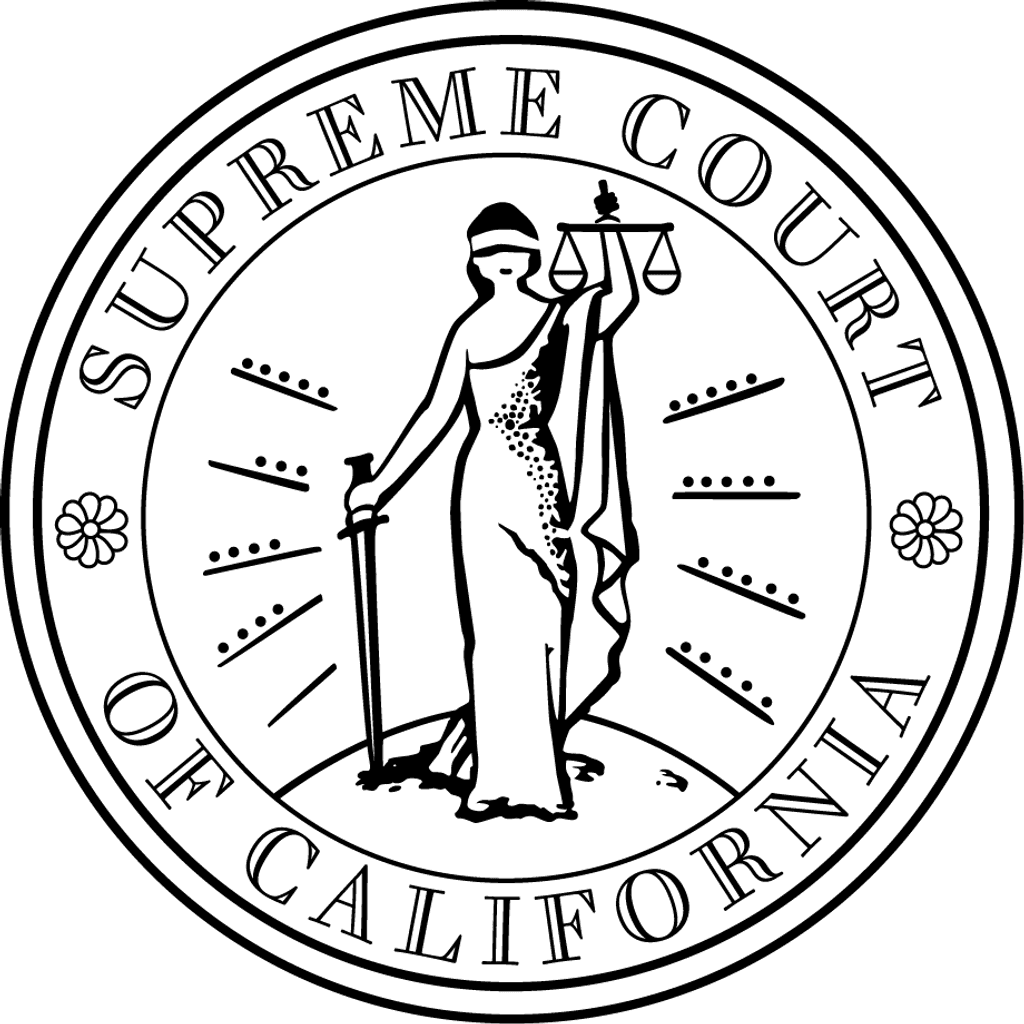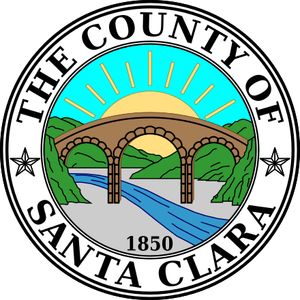
In a 5-2 decision that left both proponents and opponents of the death penalty declaring victory, the Supreme Court of California has upheld the constitutionality of Proposition 66, a voter initiative intended to speed up death-penalty appeals and executions, but severely limited the scope of its core provisions. In Briggs v. Brown, the court on August 24 sustained portions of the measure that shifted which court will hear capital cases, increased the pool of death-penalty appeal lawyers by requiring lawyers who accept other appellate appointments to also take capital cases, eliminated public review of execution methods, and limited both the issues that can be raised in capital habeas appeals and the time courts have to decide them. However, the majority ruled that the measure’s flagship provision—a five-year deadline on appeals by condemned prisoners—was “directive, rather than mandatory”; that “courts must make individualized decisions based on the circumstances of each case”; and that “prisoners may seek to challenge [the time limitations and limitation on the claims they are permitted to raise] in the context of their individual cases.” Kent Scheidegger, legal director of the pro-death penalty Criminal Justice Legal Foundation, who argued in support of Proposition 66 in the California Supreme Court, lauded the decision, saying that “Proposition 66 will go into effect almost entirely as written.” He called the time limits for deciding appeals a “minor part” of the proposition. Scheidegger said “Californians finally have a chance to see justice carried out in the very worst murder cases.” Death penalty opponents sharply disagreed with his characterization. Ana Zamora, criminal justice policy director for the ACLU of Northern California, said “Today’s decision changes nothing. The fact remains that California has not carried out an execution in over 10 years and executions will not resume any time soon.” Christina Von der Ahe Rayburn, who argued the case against the proposition, said the ruling had rendered the deadlines in Proposition 66 “toothless,” allowing courts to continue to perform their “critical role in carefully reviewing the appeals of the state’s death row inmates, in order to avoid the execution of an innocent person.” The justices questioned the efficacy of the proposition and whether it could accomplish its stated aims. “We do not consider or weigh the economic or social wisdom or general propriety of the initiative,” the court wrote. “It remains to be seen how effective the procedures enacted by Proposition 66 will be in expediting the capital posttrial review process.” Justice Goodwin Liu, concurring in the court’s decision, wrote “I find it stunning that Proposition 66’s proponents and the Attorney General claim that the voters intended the five-year limit to be nonbinding or aspirational when that claim is plainly belied by the ballot materials and advocacy campaign for Proposition 66.” He said “Proposition 66 contains no plan to compress into five years a process that often takes two decades, and no entity – not this court, not the Judicial Council, not the Legislature – can simply wave a magic wand and make it so.” Santa Clara University law professor Gerald Uelmen, who served as executive director of a state senate commission that undertook a comprehensive review of the state’s death penalty in 2008, said several of the provisions in Proposition 66 may actually increase delays in deciding death penalty cases. “It is just going to boggle up the system even more,” he said.
In dissent, Justice Mariano-Florentino Cuéllar said the court should have declared the deadline for deciding appeals unconstitutional rather than reinterpreting and “neutering” the initiative. “What voters most need so they can exercise their constitutionally protected franchise effectively is clarity and candor,” he wrote. “The ballot pamphlet told voters, in typeface as conspicuous as it was emphatic, that this provision ‘Requires Completion of Direct Appeal and Habeas Corpus Petition Process Within Five Years.’ … With the aforementioned provisions at the heart of the initiative—and no doubt influenced by promises made in the Voter Guide—voters narrowly enacted Proposition 66.”
(S. Thanawala, B. Melley, “California death penalty measure survives, but with limits,” Assosciated Press, August 24, 2017; A. Koseff, A. Ashton, “Supreme Court upholds law to speed up executions in California, but relaxes deadlines,” The Sacramento Bee, August 24, 2017; M. Dolan, “Executions could resume after California Supreme Court leaves most of Proposition 66 intact,” Los Angeles Times, August 24, 2017. Read the California Supreme Court’s decision in Briggs v. Brown, No. S238309 (Cal. Aug. 24, 2017). See California, Representation, and Arbitrariness.
Arbitrariness
Jan 03, 2024




